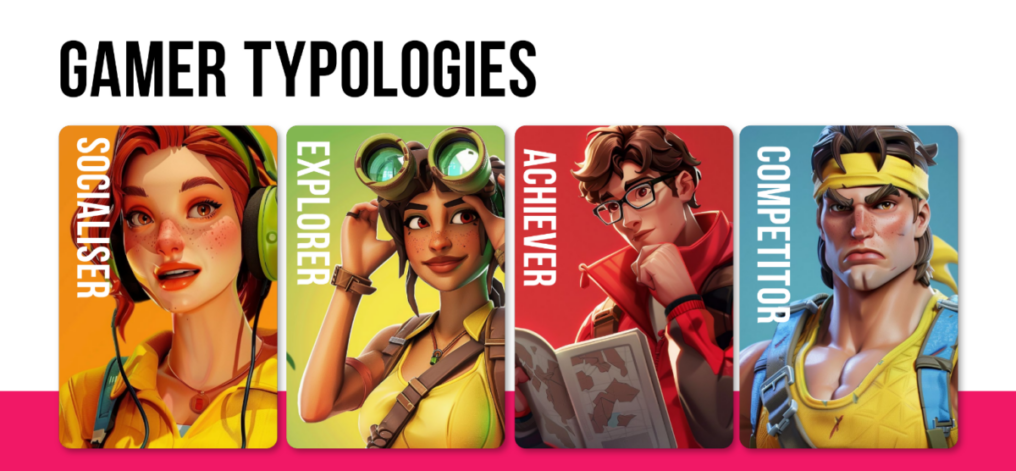We are all consumers that’s clear. So why come up with a new buzz word you might think? I came across the term ‘Prosumer’ reading an article for enthusiasts building custom gaming PCs for other hardcore gamers, niche I know! But it got me thinking about why this type of consumer is more prevalent and relevant now than ever in our hyper-connected, interest-driven social media world.
So being part of Golley Slater consumer brand team and a big believer in the ‘everywhere shopper’ approach I felt I had to share my thoughts and what I’ve learnt…
SO, WHO ARE PROSUMERS?
Your first thought might be prosumer means professional consumer – personally, I know plenty of people who could take shopping to an Olympic level sport. But it is not that! As it turns out it was first coined by a futurist called Alvin Toffler in 1980. Prosumers is simply a combination of the words producer and consumer.
People are not just passive users of products and services but creators who actively participate in the creation process of the brands they love. Think of them as the DIY generation, empowered by technology and driven by a fan-like passion for customization and creativity with the products they use and interact with. Every consumer with a platform has the potential to be a prosumer.




